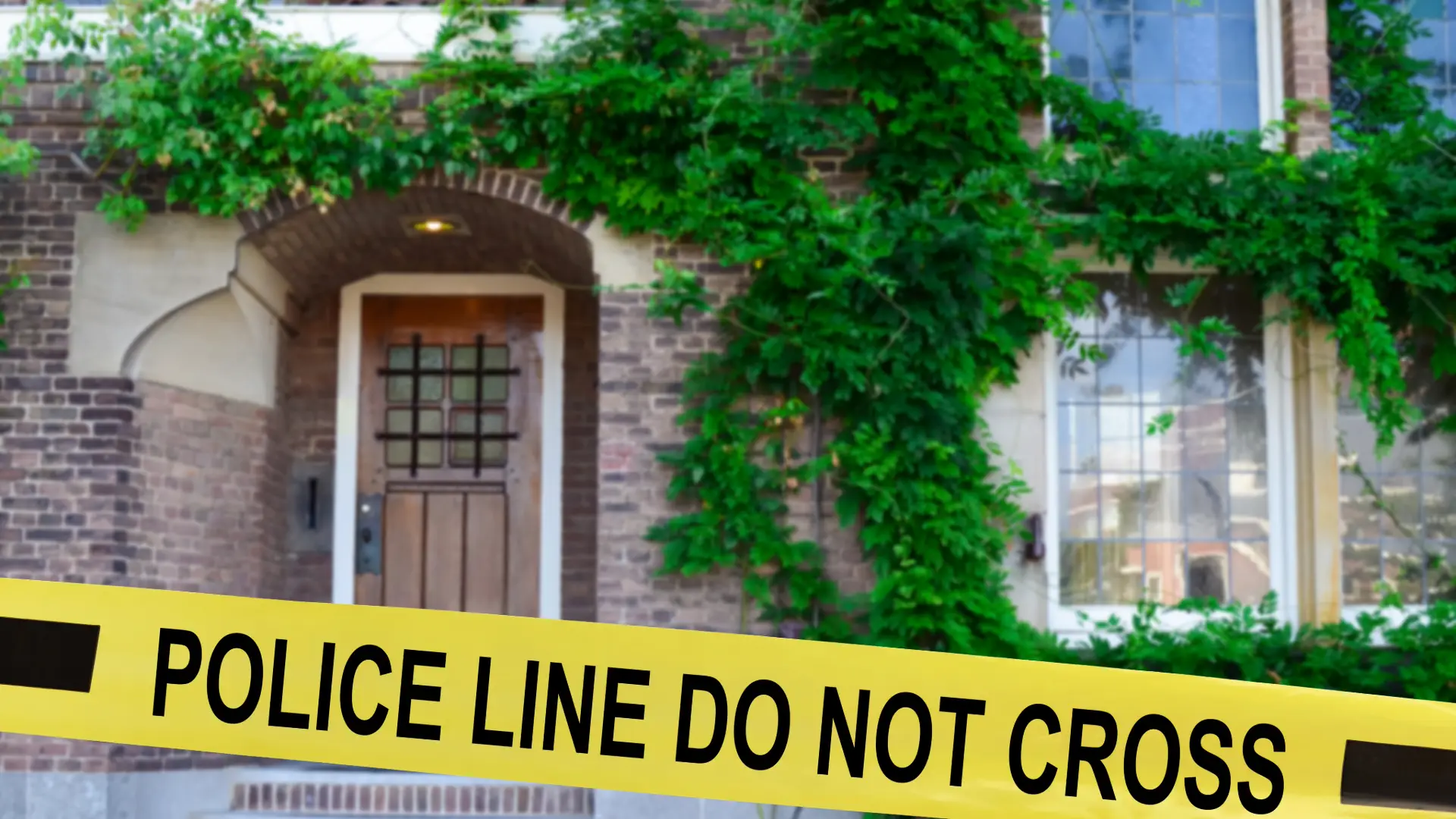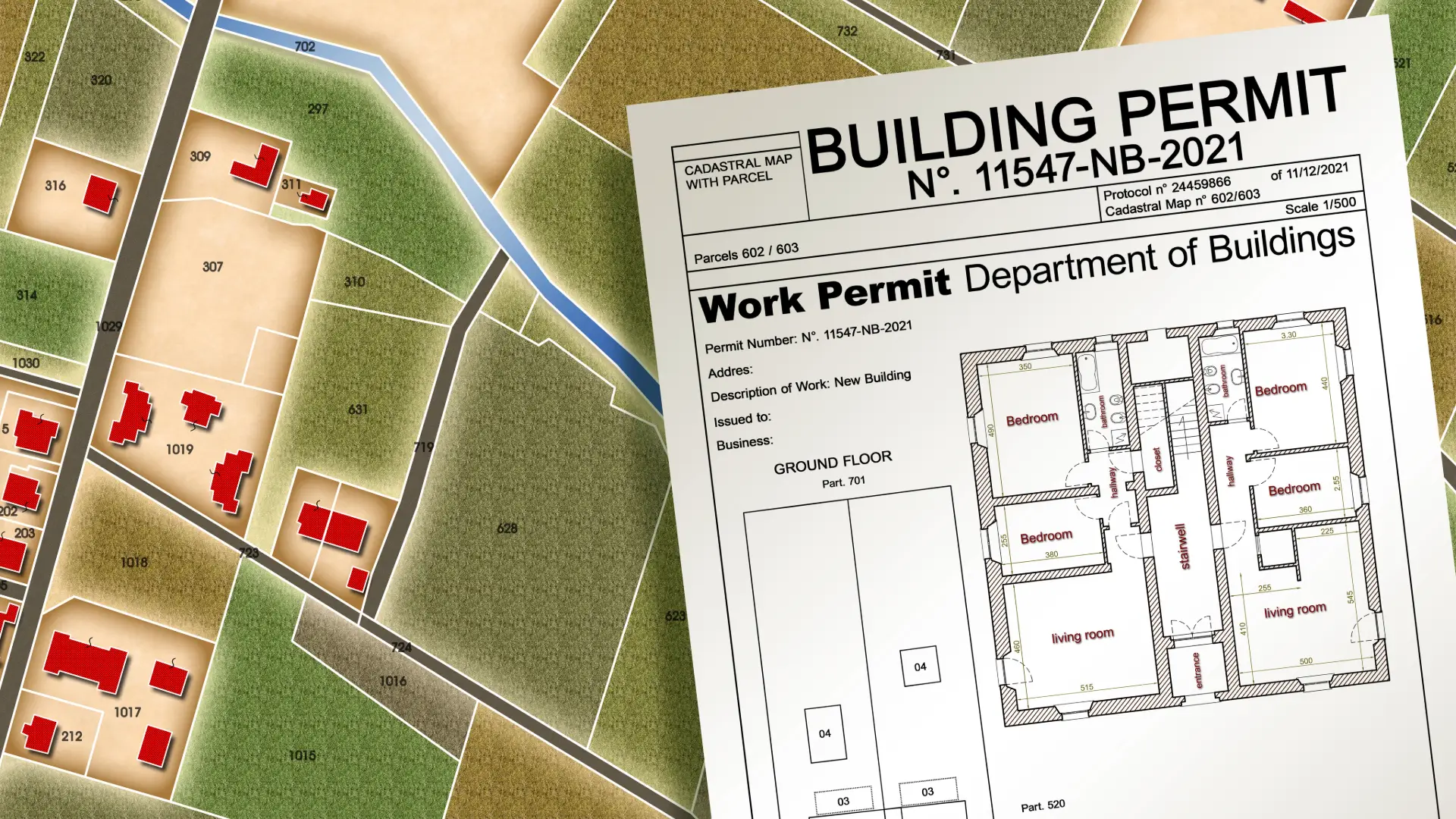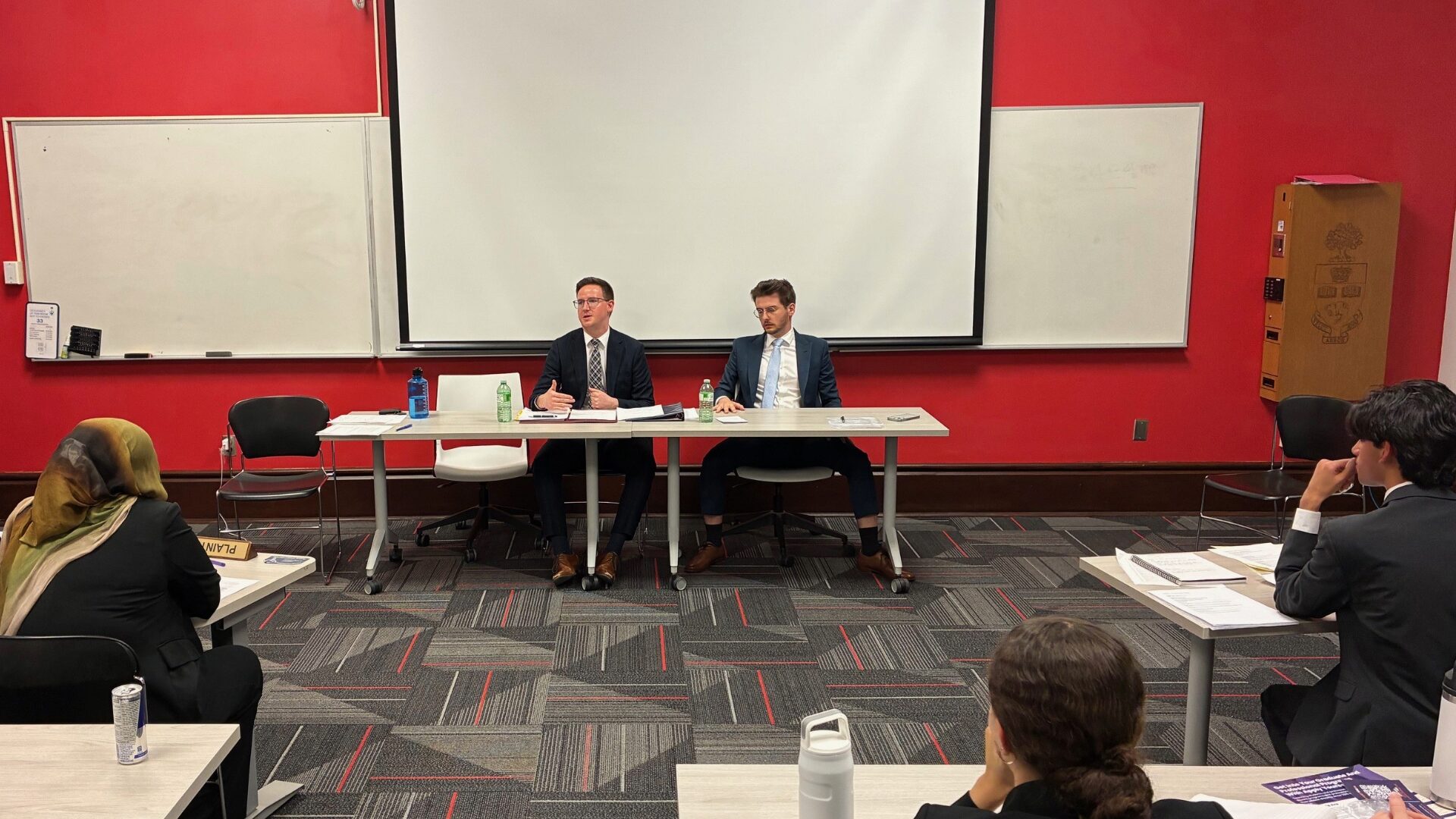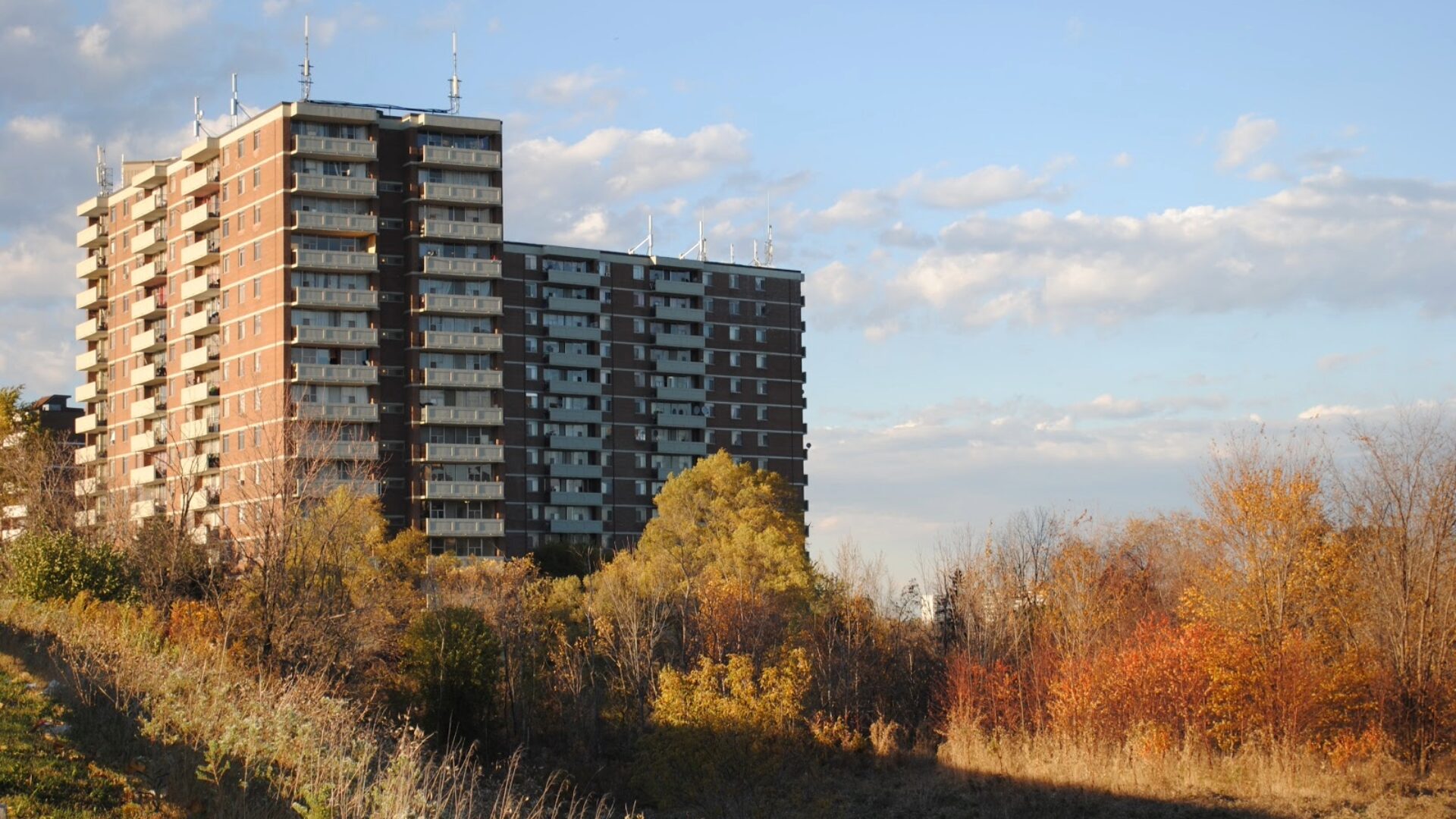
- Offices in Toronto, Huntsville and Bowmanville

In this concluding commentary on our experience with title insurance claims I would like to summarize my previous commentaries and offer some concluding advice to homeowners and homebuyers.
It is important to keep in mind that just as “Health”, “Property”, and “Auto” insurance policies cover a variety of risks, and come in a variety of forms, so too does “Title” insurance. The title insurance policies sold to owners and Lenders on Commercial real estate transactions are “bare bones” policies. They typically cover only four to six different risks, the main one being the often misunderstood “Unmarketability of Title”. Residential policies, both the ones that protect Lenders, and the ones that protect Owners cover much more.
Residential policies – variously entitled a “Home Ownership Protection Policy”; or a “Residential Owner’s Policy”; or a “Gold Comprehensive Protection Owner’s Policy” typically cover over thirty “Covered Risks” many of which lawyers and judges would never consider “title” risks. Before listing these Covered Risks, these polices make it clear that they apply to your “Title” OR your “Land” (“Land” means essentially your house). In these commentaries I have focused on two of these coverages: (1) being forced to remove or remedy parts of your house that may have been built without the prior owner obtaining a Building Permit; and (2) any adverse circumstance affecting your house that would have been revealed had your lawyer searched the files at the Building Department before you closed.
In our representation of homeowners insured under these homeowner policies it is frustrating when the Insurers deny claims on the basis that the claim is not a “title” matter. Their polices cover much more than “title”. Secondly what is, or is not, a “title matter” is a very complex question. In the title insurance context, the Ontario Court of Appeal in Macdonald prompted significant confusion over whether “Work Orders” are title matters. There is also unsettled law on title matters in the requisition context (outside the title insurance context) as evidenced by commentary around Mr. Justice Perell’s decision on requisitions that are “matters of conveyance” in Chan v. Mangal, 2022 ONSC 2068.
Now here is my concluding advice:







I was retained by Merton Thompson (“Merton”) in 2016. His young wife Elisha Shaw (“Elisha”), mother to his 4 children, had died after being discharged

On November 29, 2025, medical malpractice lawyer Hudson Chalmers, of Davidson Cahill Morrison LLP, volunteered as a trial judge at the 8th Annual University of

On October 7, 2025, the Justice Schabas of the Ontario Superior Court of Justice released the long-awaited decision in Avedian et al v Enbridge Gas

Davidson Cahill Morrison LLP is proud to announce its repeated inclusion in the prestigious “Best Law Firms” rankings for 2026. The firm has once again